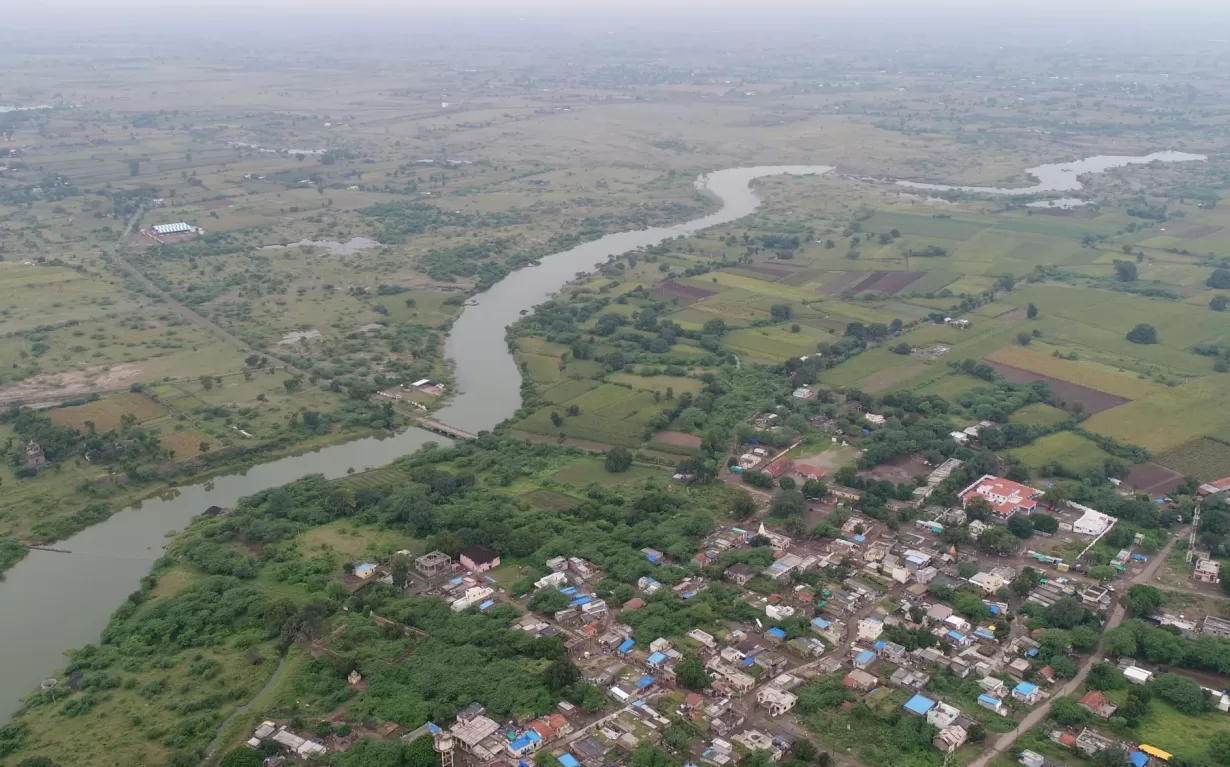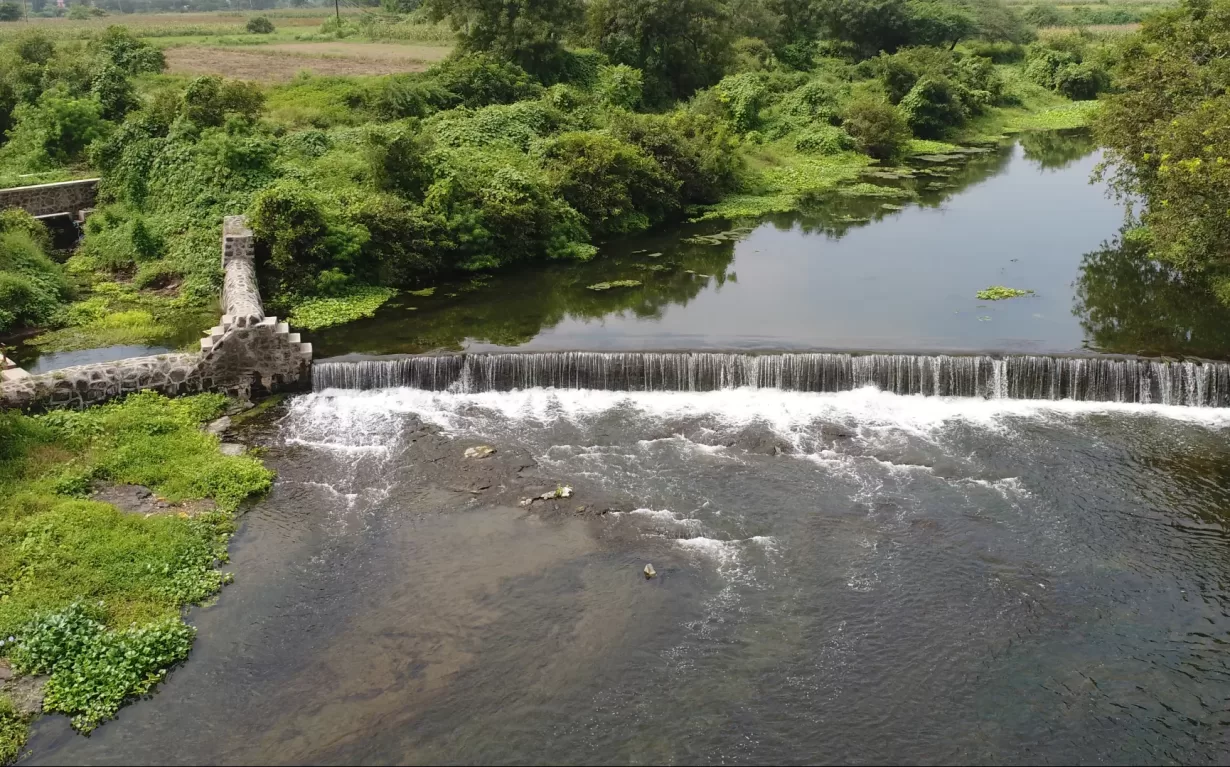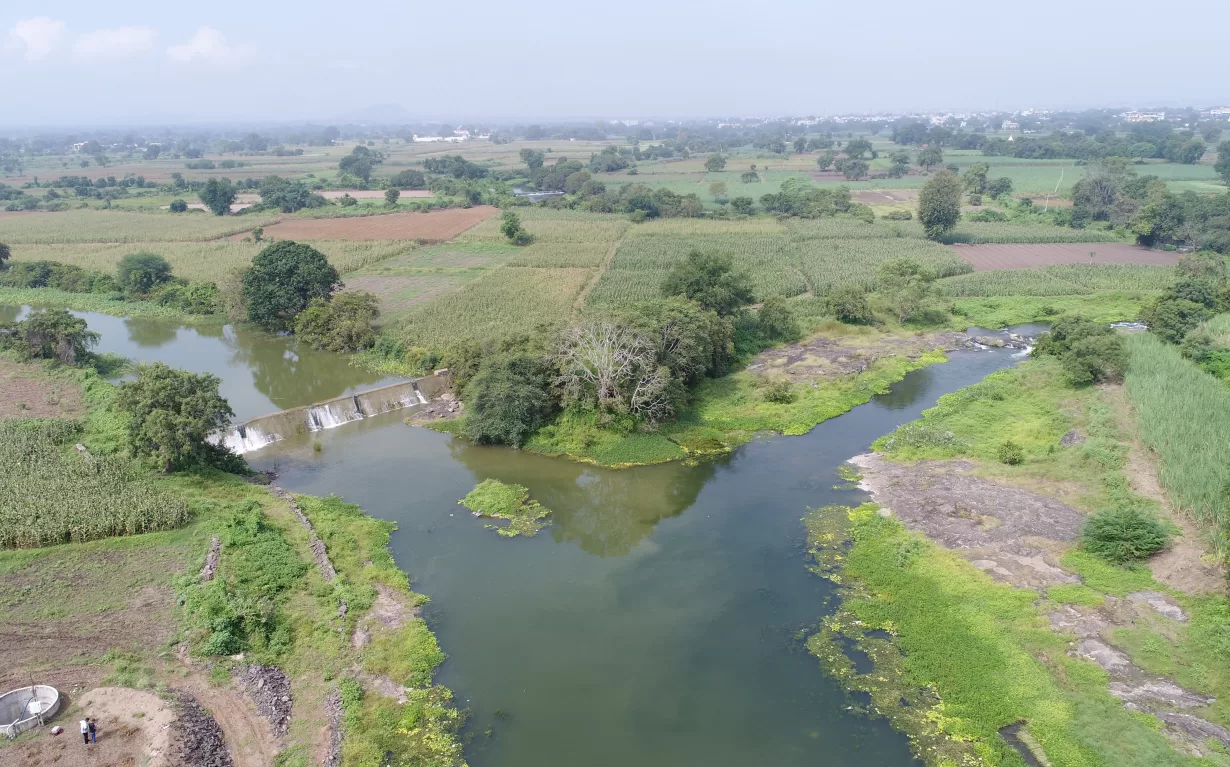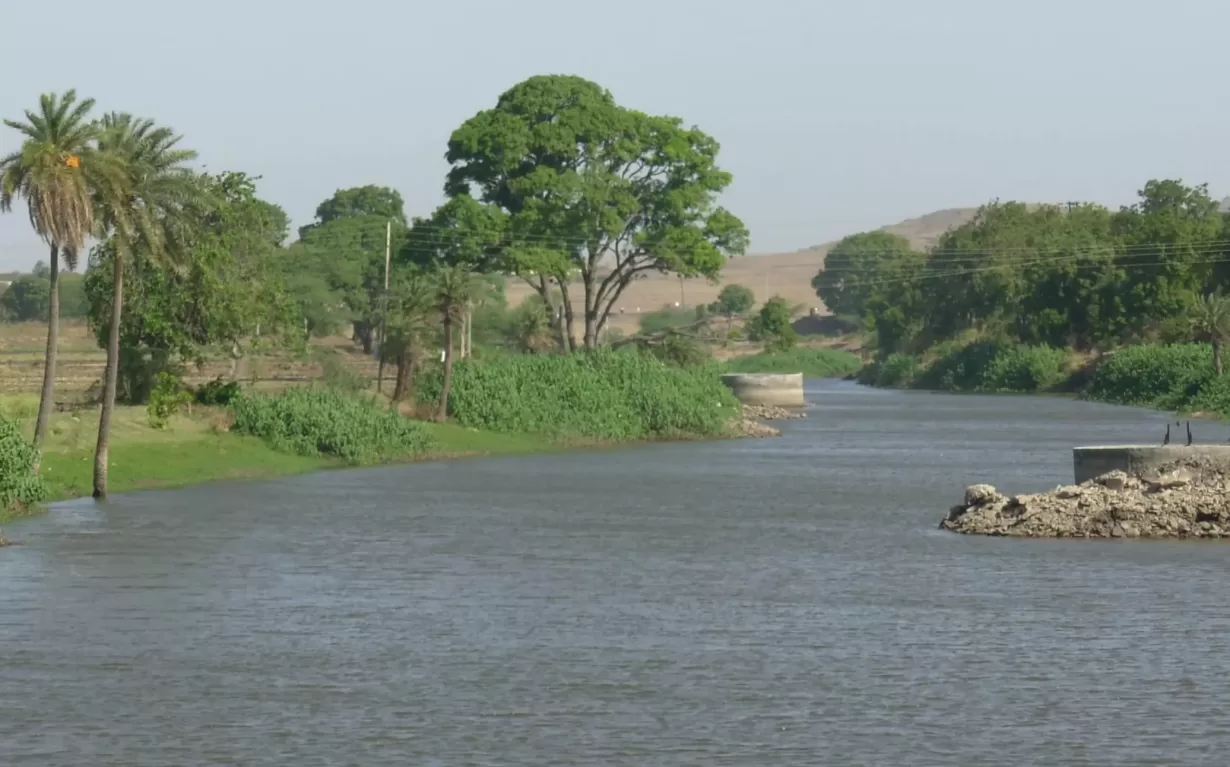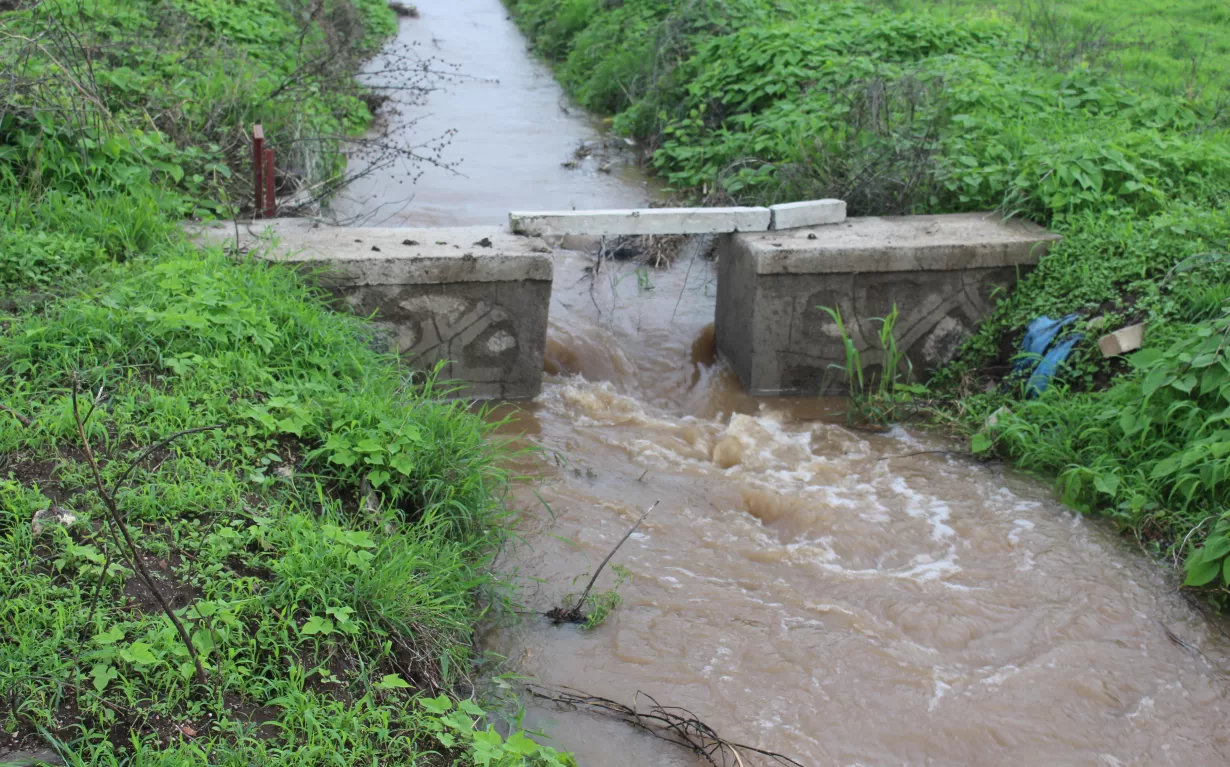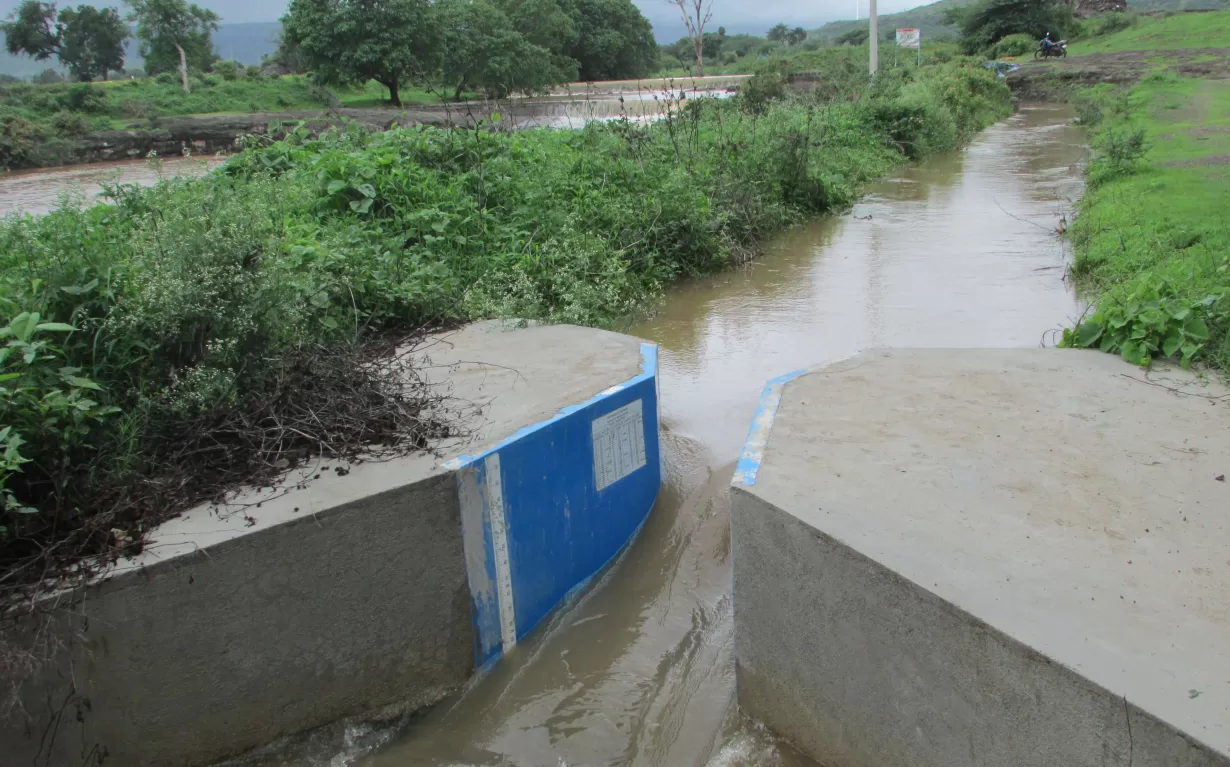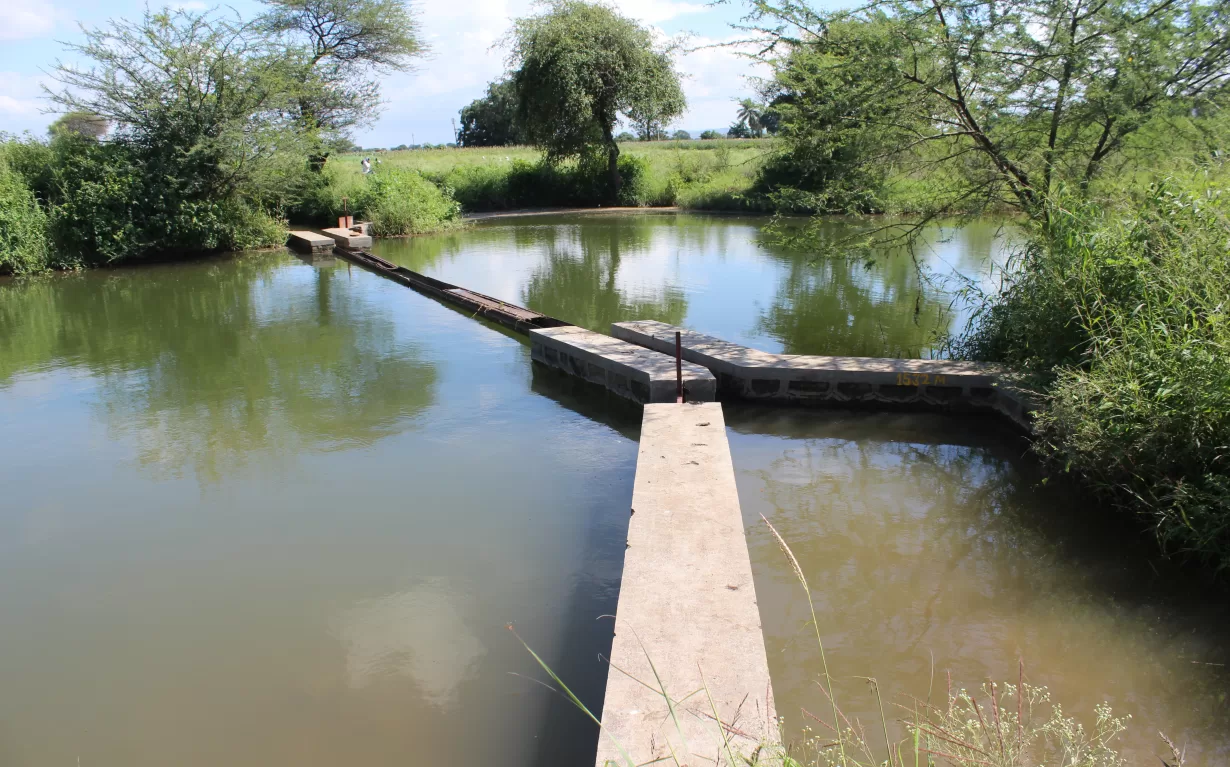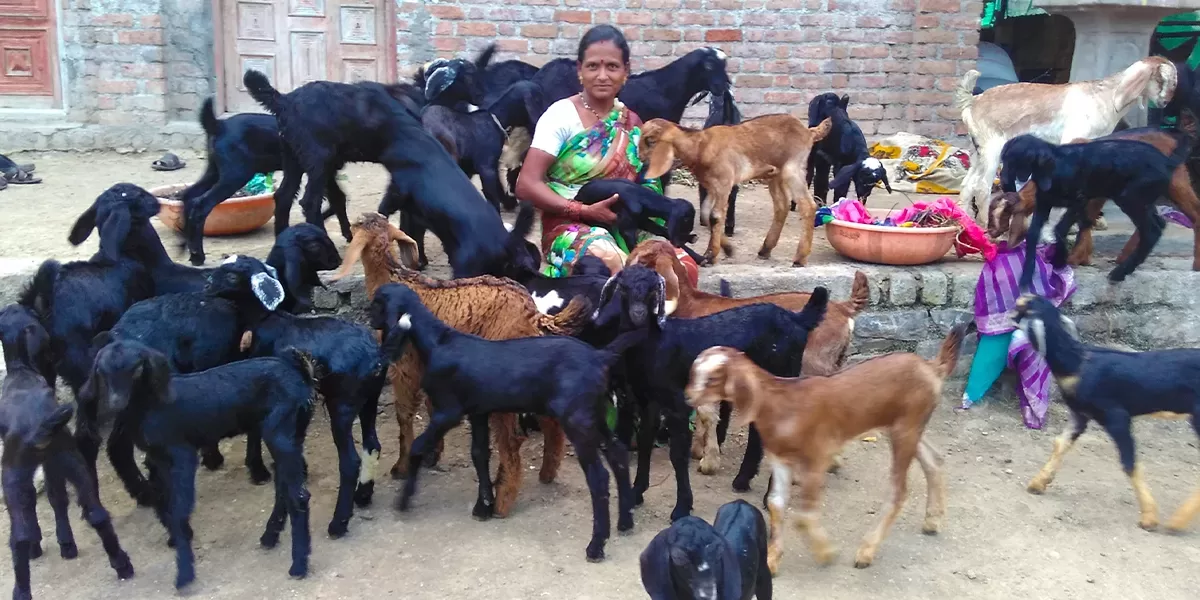
PROJECT FUNDED BY: HTPF
PROJECT DURATION: 2017-22
LOCATION: SINNAR, SANGAMNER AND RAHATA BLOCK NASHIK AND AHMEDNAGAR
In a bid to address the pressing challenges of rural livelihoods and health, Yuva Mitra, in collaboration with the H. T. Parekh Foundation, is spearheading the “Goat Based Women’s Livelihood Development Program” across 50 villages. These villages are located in the Sinnar block of Nashik district and the Sangamner and Rahata blocks of Ahmednagar district, all situated in Maharashtra’s rain shadow region.
Amid the backdrop of the ongoing pandemic, rural communities continue to grapple with issues related to livelihood and health. In response, this transformative project seeks to empower women by harnessing the potential of goat rearing as a sustainable livelihood avenue.
Project Objectives:
Livelihood Support: The primary goal is to provide livelihood support to 4290 women across 60 villages in Sinnar block and 20 villages in Sangamner and Rahata blocks. Through training and capacity building, these women are gaining the skills needed to thrive in the goatery business.
Economic Empowerment: By increasing the annual income of these women by 50%, the project is equipping them with financial literacy, empowering them to manage their finances effectively.
Market Linkage: Building strong market linkages is crucial for the success of any business. Through a producer organization, this project connects these women to markets, ensuring that their products reach the right consumers.
Access to Finance: Linking beneficiaries with banks is another vital aspect of this initiative. Access to financial resources empowers these women to expand their goat businesses and reach new heights.
Integration with Government Schemes: Collaborating with existing government schemes focused on goat business development maximizes the impact, leveraging available resources for the benefit of the community.
A cornerstone of this initiative is the formation of 858 Joint Liability Groups (JLGs), with a total membership of 4290 women. Sinnar taluka in Nashik district hosts 454 JLG groups, comprising 2270 women across 30 villages. Additionally, Sangamner and Rahata talukas in Ahmednagar district are home to 404 JLG groups, with 2020 women members. The project’s impact has been profound, with a successful 100% implementation rate in the selected villages.
This initiative is a beacon of hope, aligning seamlessly with the United Nations’ Sustainable Development Goals (SDGs). It resonates particularly with SDG 1: No Poverty, as it uplifts marginalized women by diversifying income sources and bolstering financial security. Moreover, the project resonates with SDG 3: Good Health and Well-being, as it simultaneously addresses health challenges in rural areas through sustainable economic activities.
The journey of this program reflects a commitment to sustainable development. Beginning in 2015, with support from the Nalanda Foundation, it has grown significantly. The initial 125 women across 5 villages has expanded to encompass 770 women in 10 villages. NABARD recognized its potential and contributed to the establishment of the “Savitribai Phule Goat Farmers Producer Company Ltd” to promote women’s participation in goat rearing.
Recognizing the need for knowledge and expertise at the grassroots level, NABARD further supported the training of 10 women as para-veterinarians. These trained para-vets now play a vital role in providing basic veterinary services, enhancing the health and well-being of the goat population.
In 2017, the H. T. Parekh Foundation joined hands with Yuva Mitra, enabling the expansion of the initiative to an additional 20 villages in the Sinnar block. Subsequently, Bajaj Allianz General Insurance Corporation Limited extended support for three years, propelling the goat initiative into an additional 30 villages in the Sinnar block.
Today, the program stands strong, touching the lives of over 7130 women across approximately 80 villages. It represents a sustainable path towards poverty reduction, food security, and economic resilience in the face of changing climate patterns. Goat rearing, managed predominantly by women, is not just an income source but a force for empowerment and well-being in these communities.


